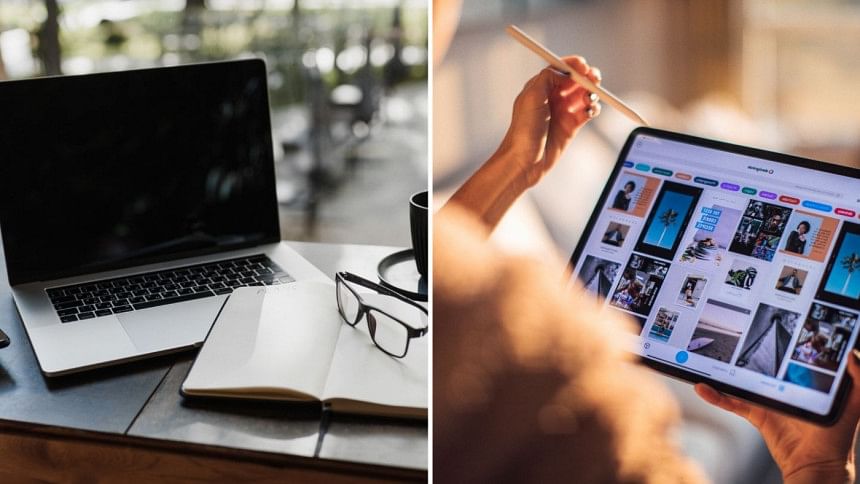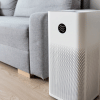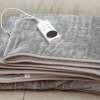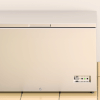Tablet or laptop: Which one should you buy?

In today's fast-paced world, a portable gadget has become essential, serving as a tool for learning, creating, and staying connected anytime, anywhere. For many, the decision between a tablet or a laptop depends on budget and daily usage needs. Both devices offer unique benefits, and understanding how each aligns with your lifestyle can help you make an informed choice.
However, before making a purchase, it is vital to assess your needs to ensure you choose the right gadget that will be utilised effectively.
Benefits of a tablet
A tablet is an excellent choice for secondary use and portability. It works well as a companion device if you already own a primary gadget like a desktop or laptop. Tablets are lightweight and easy to carry, making them ideal for users who prioritise portability without sacrificing usability.
Devices like the Honor Pad X9 (BDT 18,500-20,000) or Lenovo Tab M10 FHD Plus (BDT 22,000-25,000) provide seamless experiences for casual browsing, media consumption, and light productivity tasks. The Honor Pad X8a (BDT 15,800-18,000) is another strong option with a large screen and a long-lasting battery, offering excellent value for on-the-go users.
For creatives, a tablet can serve as a powerful tool. Artists and designers can use tablets such as the Samsung Galaxy Tab S7 (BDT 45,000-50,000) or Apple iPad Air (BDT 50,000-55,000), which are equipped with high-resolution displays and stylus support. These devices are perfect for sketching, designing, or digital note-taking with precision, supported by apps like Procreate or Adobe Fresco.
Students benefit significantly from tablets due to their lightweight nature and student-friendly features. For note-taking, reading, and research, devices like the Realme Pad Mini (BDT 18,000-20,000) or Honor Pad X9 offer long battery life and compatibility with Microsoft Office apps, enabling students to stay productive during study sessions or lectures.
For commuters or travellers, tablets provide a compact solution for staying connected, offering mid-range affordability between BDT 18,000 and 40,000 for essential tasks like web browsing, emails, and video streaming.
Benefits of a laptop
On the other hand, a laptop is the better choice for those with heavy workloads. It is a necessity for handling intensive tasks such as programming, video editing, or running complex software.
Laptops like the Lenovo IdeaPad Slim 1 (BDT 50,000-55,000) or Acer Aspire 3 (BDT 50,000-55,000) come with powerful processors like Intel Core i5/i7 or AMD Ryzen, enabling them to run demanding software such as AutoCAD, MATLAB, or professional-grade IDEs.
Laptops also offer larger storage capacities compared to tablets, ranging from 256 GB to 1 TB SSDs, which are ideal for storing large files and professional projects. Devices like the Lenovo IdeaPad Slim 3 (BDT 55,000-60,000) or Avita V14 Libra (BDT 45,000) cater to users who need robust storage and processing power.
When it comes to productivity, laptops outperform tablets due to their ergonomic setup, including full-sized keyboards, large screens, and touchpads. This setup is particularly advantageous for writing reports, managing spreadsheets, or editing videos. For example, the Dell Inspiron 15-3505 (BDT 50,000-55,000) offers a large screen and comfortable keyboard, making it ideal for professionals and students with extensive tasks.
Comparison between the two
From a student's perspective, portability and battery life are critical. A tablet's lightweight build and all-day battery make it an ideal companion for classes and note-taking without the burden of heavy equipment.
Conversely, professionals requiring raw computing power will find laptops indispensable for video editing or running complex software. A tablet often lacks the processing capacity for such tasks, underscoring the importance of choosing a device tailored to specific needs.
For creative pursuits, reading, or note-taking, a tablet like the Honor Pad X9 (BDT 18,500-20,000), Samsung Galaxy Tab A7 Lite (BDT 18,000-20,000), or Realme Pad X (BDT 25,000-30,000) is a practical and affordable choice. However, if tasks demand more power and versatility, such as programming, video editing, or gaming, budget laptops like the Acer Aspire 3 (BDT 50,000-55,000) or Lenovo IdeaPad Slim 3 (BDT 55,000-60,000) are better suited.
Ultimately, the best device for you depends on your specific needs. Whether you prioritise portability or raw processing power, assess your daily activities and select the device that complements your lifestyle. This approach ensures that your investment not only fits your budget but also enhances your productivity and enjoyment.

 For all latest news, follow The Daily Star's Google News channel.
For all latest news, follow The Daily Star's Google News channel. 










Comments